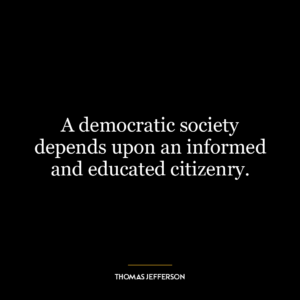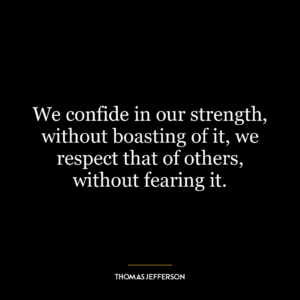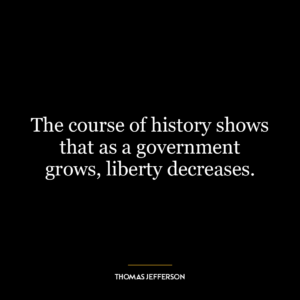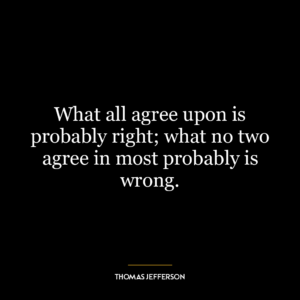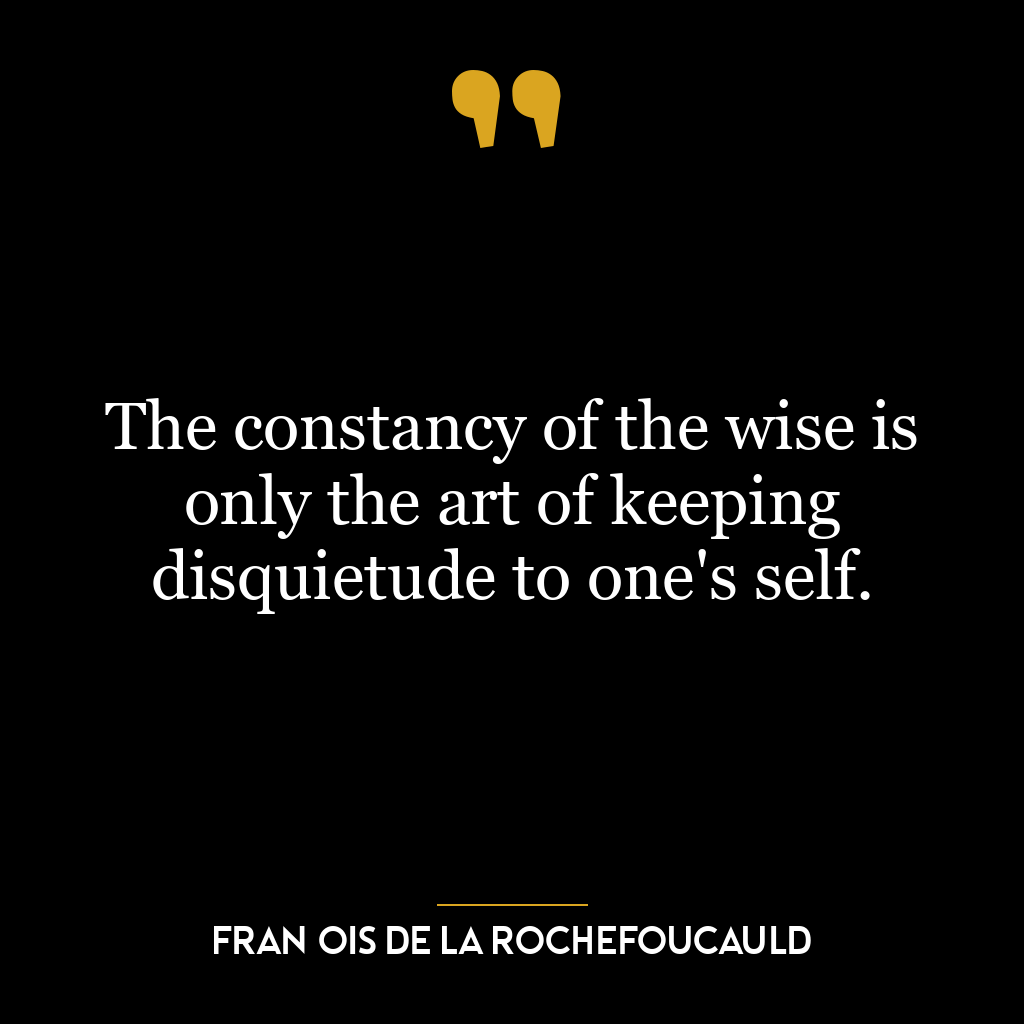This quote is a profound observation on the distinction between knowledge and wisdom. Knowledge, as per Jefferson’s description, is simply the accumulation of facts or information. It’s akin to having a library full of books, where each book is a fact. However, merely having a library doesn’t necessarily mean one can create a compelling narrative or solve a complex problem. That’s where wisdom comes into play.
Wisdom, in contrast, is the ability to use that knowledge effectively and appropriately. It’s about discerning the significance of the facts, understanding their interconnections, and applying them in real-life contexts. It’s the difference between knowing the rules of chess (knowledge) and being able to strategize and win a game (wisdom).
In today’s world, this quote is more relevant than ever. We live in the age of information where facts are readily available at our fingertips. However, the real challenge lies in sifting through this vast sea of information, discerning what’s valuable, and using it wisely. For instance, in the context of social media, one might have access to a multitude of facts and viewpoints, but wisdom is required to critically analyze these viewpoints, discern the truth, and make informed decisions.
In terms of personal development, this quote underscores the importance of not just learning, but also developing critical thinking and decision-making skills. For instance, a student may memorize a ton of information for an exam (knowledge), but the real learning comes from understanding the concepts, discerning their relevance, and being able to apply them in new contexts (wisdom).
So, while knowledge is crucial, it’s the wisdom that empowers us to use that knowledge for good, make sound decisions, and lead meaningful lives. It reminds us that the ultimate goal of learning shouldn’t just be the accumulation of facts, but the cultivation of wisdom.





